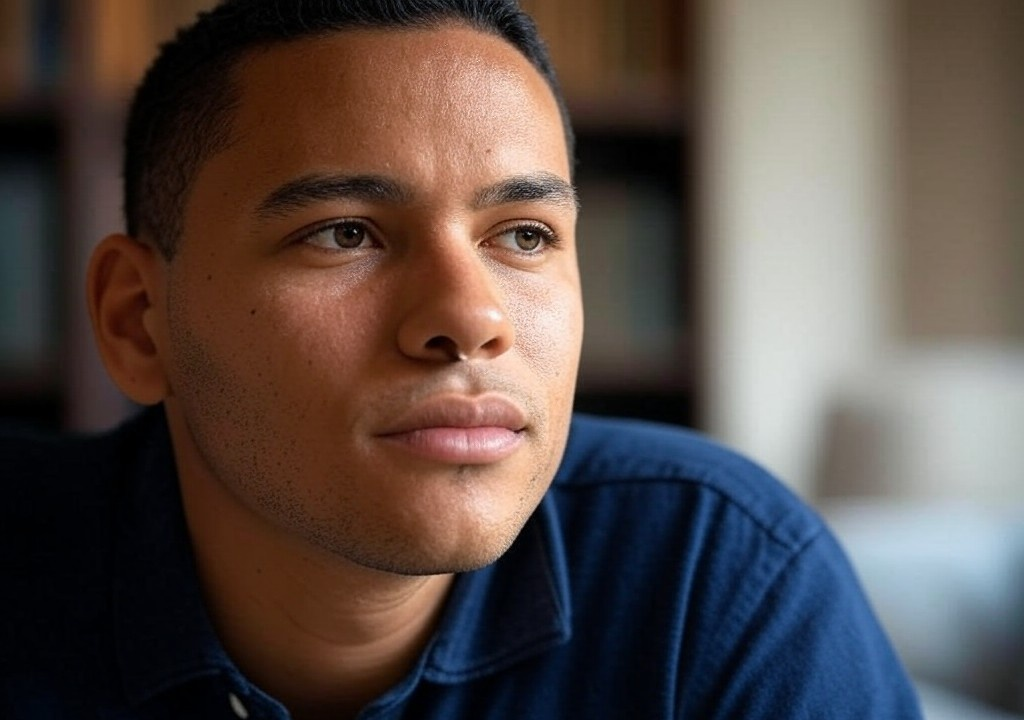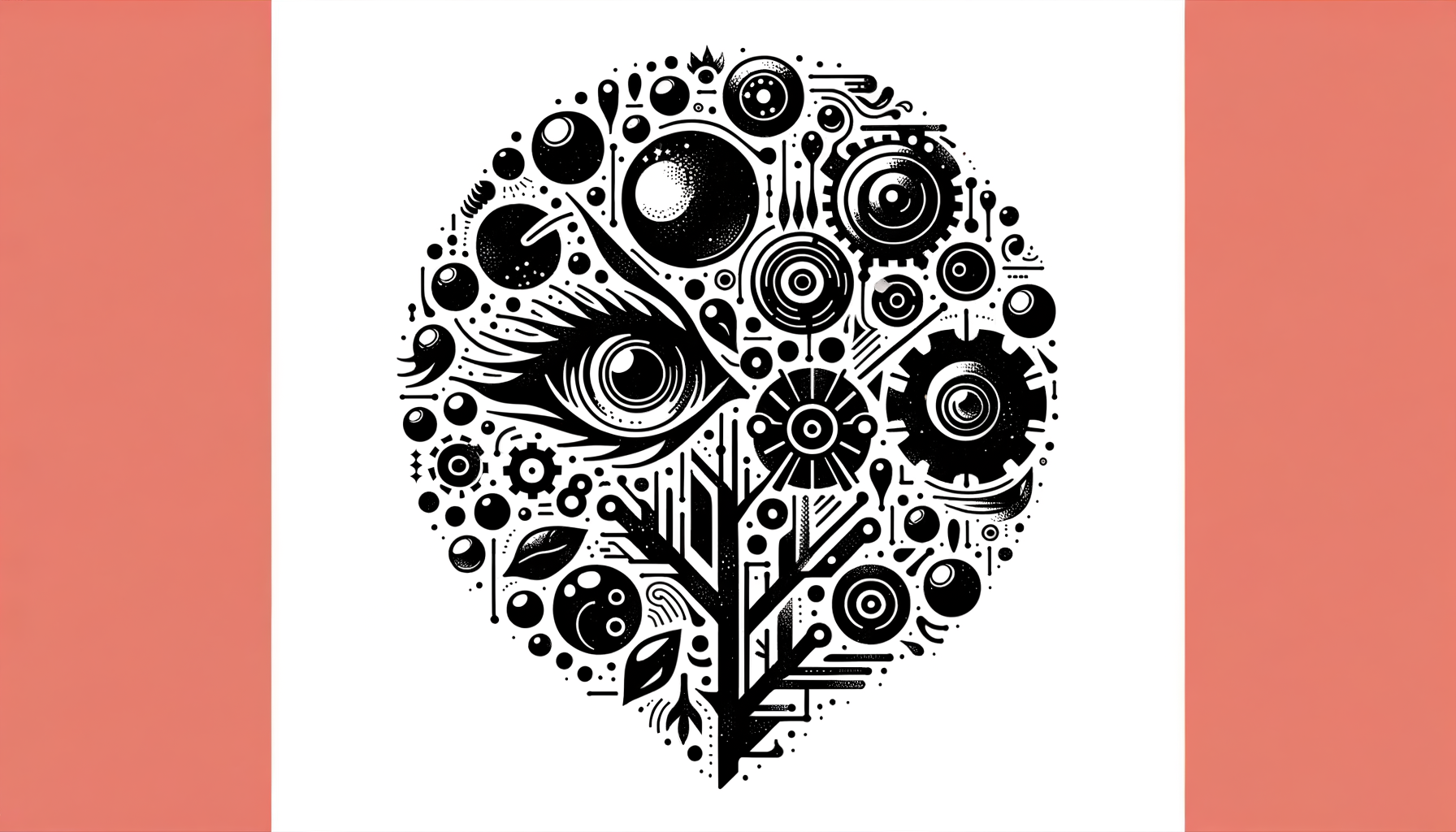I don’t remember the exact moment I fell in love with writing. Maybe it was the afternoons I spent at my grandfather’s side while he told me stories about Cuba, his words rolling out like waves, crashing against the shore of my imagination. Or maybe it was those evenings in Miami when my mom’s old typewriter clacked like salsa percussion, inspiring me to write my first short story—a melodrama about a runaway parrot. Whatever it was, writing found me, and, like a good first date, it left an impression I couldn’t quite shake.
But writing isn’t just something I enjoy; it’s become a compass, a therapy session, and—depending on the day—a love-hate relationship worthy of a telenovela. Why do I write? Because storytelling, whether about a messy breakup, a cultural epiphany, or the hilarity of modern romance, is my way of making sense of it all. And while it’s tough, it’s also deeply rewarding—kind of like navigating relationships themselves.
Writing as Emotional GPS
You ever been on a first date so awkward you find yourself dissecting every second of it for weeks after? There was this time I met a woman at a coffee shop—she complimented my shirt; I accidentally called it "vintage thrift" instead of "on sale clearance"; the conversation spiraled. A disaster. It could’ve been a memory I regretted, but instead, it became a hilarious short story. Writing gave that cringe-worthy moment a second life—it turned what was painfully awkward into something worth laughing about.
For me, writing has always been about figuring out where I am emotionally. Like plugging your location into Google Maps when you feel lost, storytelling draws the outline of feelings too messy to articulate in the moment. You’ve been ghosted? That sucks—but write about it. Spin the frustration into words, and suddenly, it feels less like raw rejection and more like creative fuel. Even a broken heart feels less broken when it’s ink on a page.
Stories Teach Us Who We Are
Growing up, my family’s stories were our heartbeat. My grandparents would sit me down and relive Cuba through their eyes—before politics, before displacement. Their tales were filled with mango-heavy summers, domino games in cramped kitchens, and first loves that would rival any Nicholas Sparks novel. To me, these weren’t just anecdotes; they were blueprints on intimacy, resilience, and the push-pull of identity.
Then there was my teenage discovery that stories don’t always have to be deep. Yes, my abuela told me about her first dance with my abuelo under a tropical night sky, but I also read Junot Díaz’s novels about clumsy romance and life’s rough edges. Those confirmed what I already suspected: stories don’t have to be perfect. In fact, the messy, flawed stuff tends to speak louder than anything else.
When we write, we’re channeling our own imperfections. That time you “accidentally” Instagram-stalked your ex’s new fling until you scrolled too far and accidentally liked a 2016 photo? That’s a story. Forgetting an anniversary but playing it off by quoting Pablo Neruda poetry? Story, right there. Writing, whether for therapy or in pursuit of art, stitches together those embarrassing, painful, or extraordinary moments and shows us what kind of characters we’re really playing in our own lives.
The Romance of Writing—And The Breakups
Let me stop for a second and confess: writing isn’t all moonlit walks and hand-holding. There are days it feels more like a toxic ex sliding into your DMs, promising closure but delivering chaos. Sometimes the words just won’t flow. Sometimes you won’t flow. Writing doesn’t always love you back, and you can spend hours staring at a blank screen wondering why you even bother.
Breakups in writing are a lot like breakups in real life. You feel stranded, like someone pulled the rug out from under your creativity. I’ve gone months without writing a thing, and I’ll admit: it felt like failing. But every single time I come crawling back to the page, I remember why I started. Writing, like a long-term relationship, is about endurance as much as passion. You push through the tough stuff because you know the connection you’ve built is worth it.
My Favorite Type of Love: The Shared Story
There’s a Cuban proverb my mother loves: El amor entra por la cocina, which loosely translates to “love enters through the kitchen.” It’s about how cooking for someone can often solidify bonds—but I think it works for storytelling too. Love—whether in dating, family, or friendships—often begins when we open up, share our weird journeys, and hand someone the key to our humanity.
Some of my favorite pieces of writing aren’t even about solutions or happy endings. They’re messy, half-finished snapshots of love. They’re raw reminders that we’re all struggling to navigate connection the best we can. This is why I write, and keep writing: to reach out and share a slice of struggle that other people might recognize in themselves. Like giving a date the last Cuban croqueta on the plate—it’s a gesture of intimacy, a way of telling readers: “I’ve been there. You’re not alone.”
So, Why Keep Writing?
Because stories ground us when life feels like quicksand. Because the words you write today might make someone laugh, cry, or even just breathe a little easier tomorrow. Because it can help you figure out why certain moments matter—the good, the bad, and especially the hilariously awkward.
And maybe, just maybe, because everyone deserves to feel seen. Writing does that for me: it reminds me to celebrate the beauty in life’s contradictions. The heartbreaks framed by guava pastries, the cultural identity crisis eased through salsa music, and the messy relationships that end up teaching us the most profound lessons.
At its heart, storytelling—and frankly, living—is about connection. Whether you’re sharing your words, opening up to someone across a café table, or just swiping through the crowded dating pool of life, it’s all about daring to be understood. That’s a little scary, sure, but trust me: when you get it right, it’s magic.




















